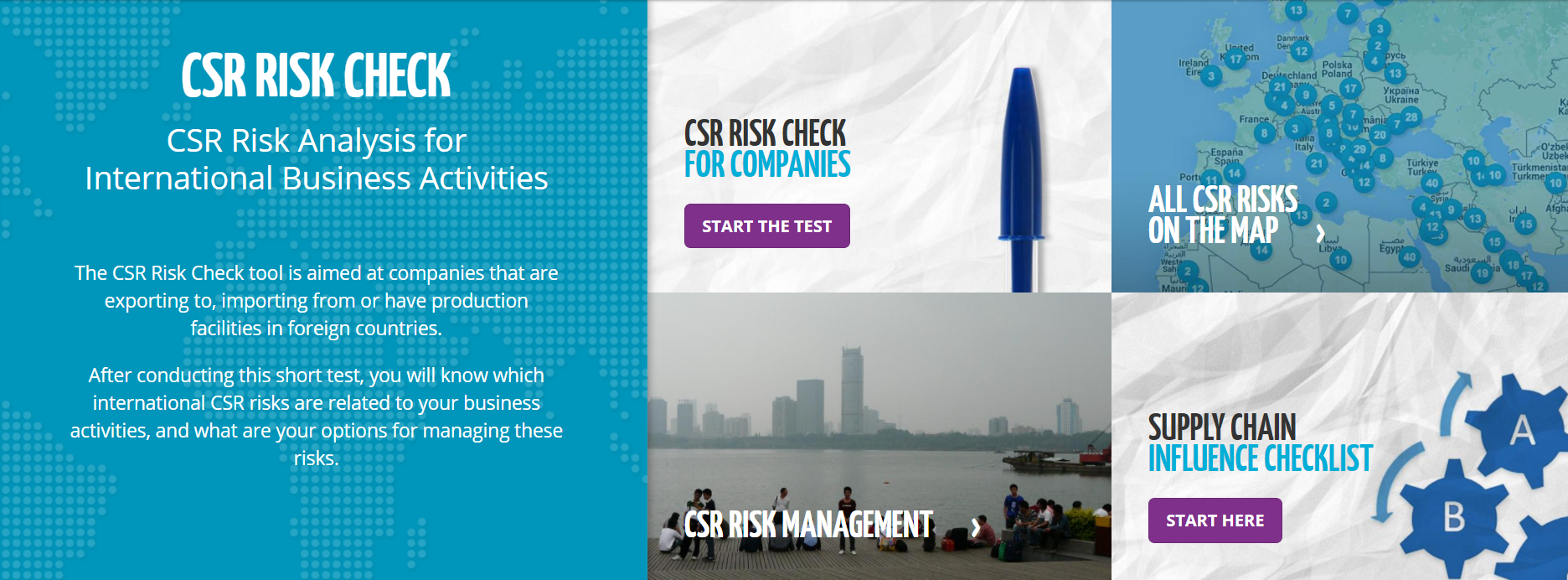
Abstract
Harmonious and stable labour-management relations are sine qua non to the development process in Nigeria. For economic and social stability, Nigeria needs to sustain the existing democracy, encourage social dialogue with a view to coping with conflictual issues nationwide. It is against this backdrop that this paper seeks to examine social dialogue as a set of roles for trade unions, and the degree to which this function is enabled or constrained by the dynamics of the political environment in Nigeria. To achieve this objective the authors adopted the qualitative research method. Secondary data such as collective agreements, newspapers reports and official state records were used and supplemented with in-depth interviews with key union representatives and employers’ organizations. The authors outline essential elements for social dialogue and how it can contribute to healthy labour-management relations. The authors addressed the positive contributions that social dialogue can make towards minimising open expression of conflicts with the negative consequences on the tripartite social partners, as well as the impacts of political milieu on the effectiveness of trade unions and by extension social dialogue in Nigeria.
For the original source, please click here.







